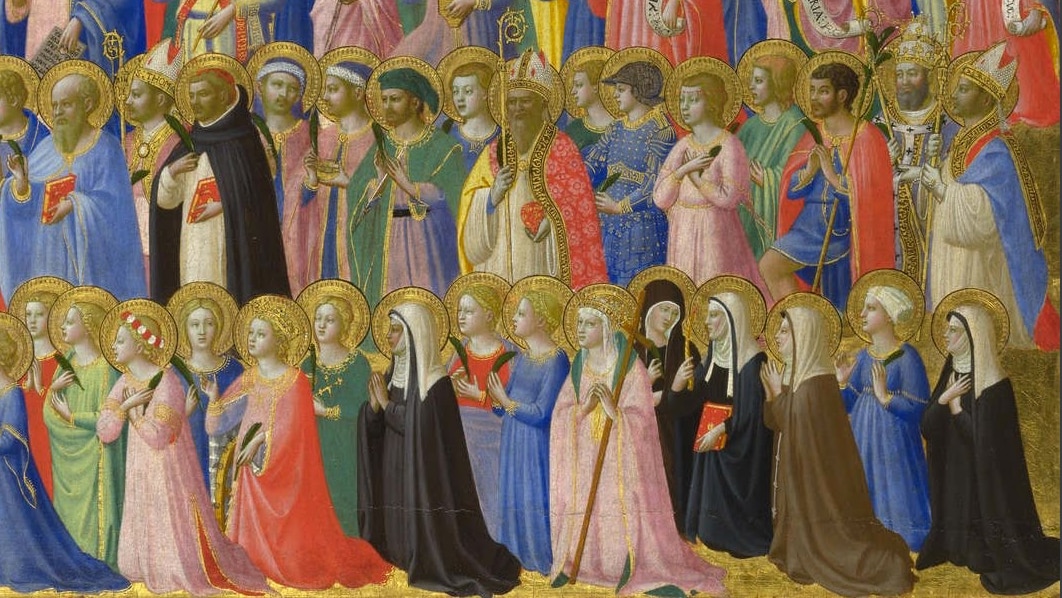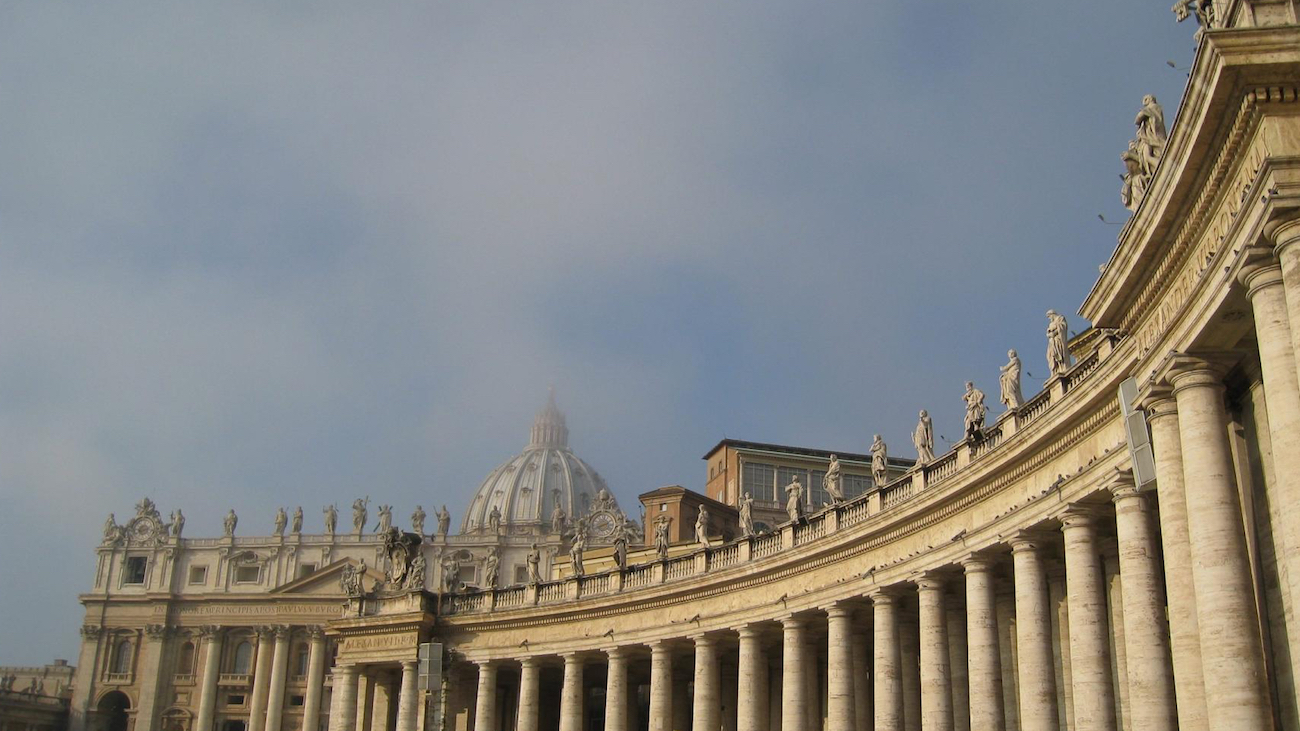OxiClean in hot water is the latest stain remover that I have been using with some success. Homemakers, however, might recommend something more efficient. The bottom line is that once we know how, even the toughest stains should come out.
We all wish it would be that easy with the stains of sin.
Let me point out first the negative aspect of what Baptism does. The Catechism of the Catholic Church states in # 1263:
By Baptism all sins are forgiven, original sin and all personal sins, as well as all punishment for sin…and in # 1264 Yet certain temporal consequences of sin remain in the baptized, such as suffering, illness, death, and such frailties inherent in life as weaknesses of character, and so on, as well as an inclination to sin that Tradition calls concupiscence.
I would simply define concupiscence as the innate tendency that remains in us after Baptism. It is a tendency that we notice even in many toddlers and young children. It is the tendency of rebelling against any restraint and of imposing one’s will on others to dominate them to one’s advantage. This is the mother of all tendencies against which we are called to fight our entire life.
But what is more important would be to stress the positive aspect of Baptism:
- Baptism makes us children of God, i.e. members of God’s global Family and anoints us priests, prophets and royals (kings and queens).
- As priests we offer to God the sacrifice of Christ on the Cross (Eucharist), along with the spiritual sacrifice of our bodies at the service of God and our neighbor.
- As prophets we are called to proclaim Christ and his Gospel to all those who are open to hear the incredible good news of God’s love for them.
- And as kings and queens we wait with hope for the promise of the Father to be fulfilled so that we can inherit the Kingdom.
Why should Christians celebrate the Baptism of Jesus by John the Baptist? Isn’t Jesus sinless? He does not even have the stain of original sin! Why then was he baptized by John?
If you were to walk into a police station, whom would you find there? Shoplifters, drug pushers, street walkers, pimps, petty thieves, those involved in domestic violence, etc. There is no way you would sit with them. People would think that you have broken the law. Yet, that is what Jesus did. Jesus accepted also the judgment of those who considered him a sinner because he had stood humbly in line with those seeking a baptism of repentance from John the Baptist. Jesus, in his infinite love for us, accepted to experience even the most embarrassing aspect of our humanity: what we do not like about ourselves, what we sense makes some people dislike us, our inadequacies, our fears, the humiliating, dark side of our soul; what we would like to change and seem unable to. His solidarity is such that he really wanted to be the first of many brothers and sisters and not be ashamed to call us his brothers and sisters before the Father (Hebrews 2:11) in spite of our sins, frailties and miseries.
Jesus is baptized to help us cope with what original sin has left in us.
But what is original sin? It is the deprivation of original holiness and justice that our Creator God had intended for each human being according to His initial divine plan. The bond of friendship with Him that was there before the fall has been replaced by fear, doubt, suspicion and mistrust. Even people consecrated to God have to confess the same sins time and again! It is embarrassing, humbling, frustrating… So, clearly, Baptism is much more than a ceremony that most of us underwent before we could have even partial use of our reason and intellect.
The process of walking again in holiness and justice, the replacing of fear, doubt, suspicion and mistrust with confidence in the Lord’s loving care and peaceful surrender to His will takes a life-time of humble and docile cooperation with His grace and mercy. That is the reason why Jesus underwent the humbling experience of receiving John’s baptism of water and repentance: to be in complete solidarity with us and to motivate us to go on resisting the enticements of the devil and not yielding to discouragement.
Humility, so eminently present in Jesus’ attitude and actions, is the key ingredient in our battle against the evil tendencies of original sin. Jesus shows us the way by being the humble Servants of our God. Thus, Jesus was exalted by the Father because he reversed in his heart and in his actions all the proud tendencies that we inherited from original sin. There is no other way for us to live this negative aspect of Baptism: our constant battle against sin can be won only through humble and docile obedience to the Father.
But the Baptism of Jesus and our Baptism has also a brilliant, positive aspect. It made Jesus officially Son of the Father…As he stepped out of the waters the sky was rent and the voice of the Father was heard….You are my beloved Son, with you I am well pleased.
Through Baptism we become sons and daughters of God. Hence, we, like Jesus, can address God as Abba, Daddy. But, even more importantly, we can live up to our dignity with spiritual pride and self-confidence that comes to us from the assurance of God’s grace. Peter tells us that Jesus received his anointing in the Spirit and power at Baptism. And he went about doing good works and healing all who were in the grip of the devil.
In other words: Baptism anointed Jesus in Spirit and power to love.
At the beginning of Mass we confess our sins to each other with candor and humility: that is the first step we take today in our perennial struggle to curb our haughty inclinations. We then accept the open invitation to partake of the Table of the Lord…all brothers and sisters in the family of God. From that Table we get the strength and motivation we need to carry on our fight against our evil inclinations and feel inspired to love and to serve with resolve and lasting joy.








